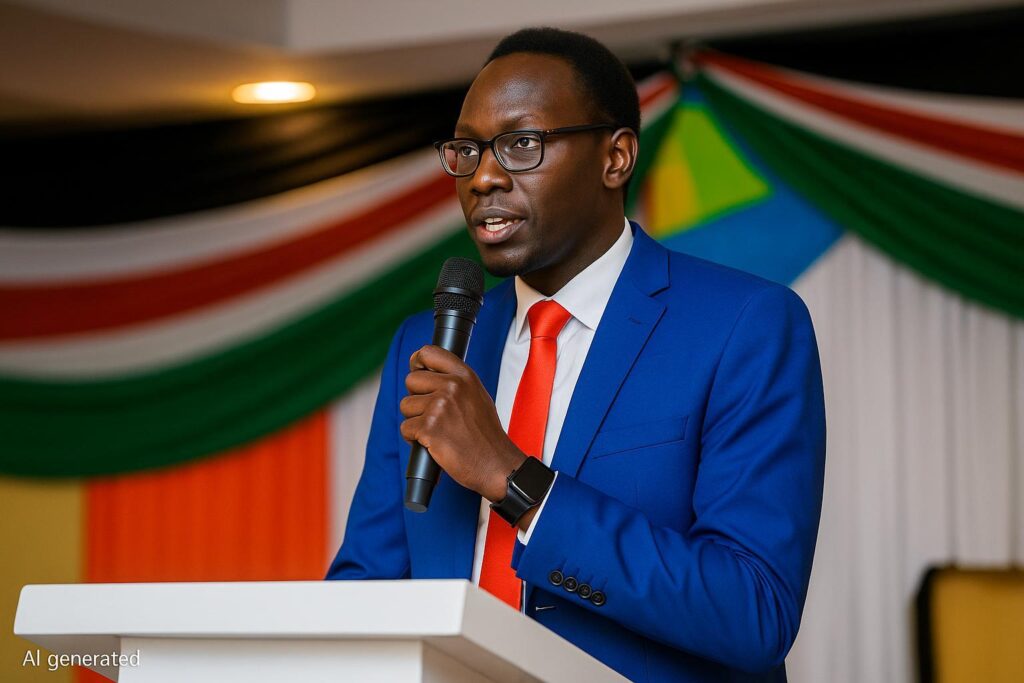Student Dreams Meet Harsh Realities in Kigali
For thousands of South Sudanese youths, a Rwandan degree represents both escape from conflict and ticket to professional respect. Yet veteran campus organiser Ruot Mawich Yak Deng says not all dreams survive the lecture hall.
His recent open letter warns that some compatriots have turned foreign campuses into costly theatres of deception, mastering social media poses while skipping coursework entirely.
Inside the Elaborate Degree Forgery Scheme
Deng recounts the 2024 case of a finance student who failed first-year exams, vanished from registers, yet staged a full mock graduation with tailored gown, hired photographer and ghost-written thesis, fooling relatives who flew in from Juba.
Even after her name was missing from the roll, she claimed the announcer spoke Kinyarwanda and promised a certificate in three months, despite school policy of two weeks.
Parent Remittances and the Cost of Silence
South Sudanese households routinely sacrifice livestock and land to wire tuition and living expenses. Without regular transcript checks, Deng says, remittances become financing for nightlife, side businesses or fraudulent schemes.
He urges guardians to demand semester grade reports directly from registrars, use online portals and make unannounced campus visits, reducing chances of multi-year deception.
Universities Respond with Digital Tracking
Rwandan institutions now push Management Information System accounts, giving students and parents real-time marks. ULK administrators confirm that blocked MIS access often signals unpaid fees or academic probation, early red flags for sponsors.
Registrar Emmanuel Nkurunziza tells our magazine, ‘Transparency tools are only useful when families actually log in; we need partner vigilance to protect student futures.’
Lessons for Families Across the Continent
While the spotlight is on South Sudanese in Rwanda, similar stories surface in Nairobi, Accra and even Europe, revealing a continental challenge of monitoring students abroad.
Deng’s cautionary tale suggests that cultivating trust must go hand in hand with verification; consistent academic oversight can transform hard-earned remittances into genuine diplomas instead of elaborate props.


